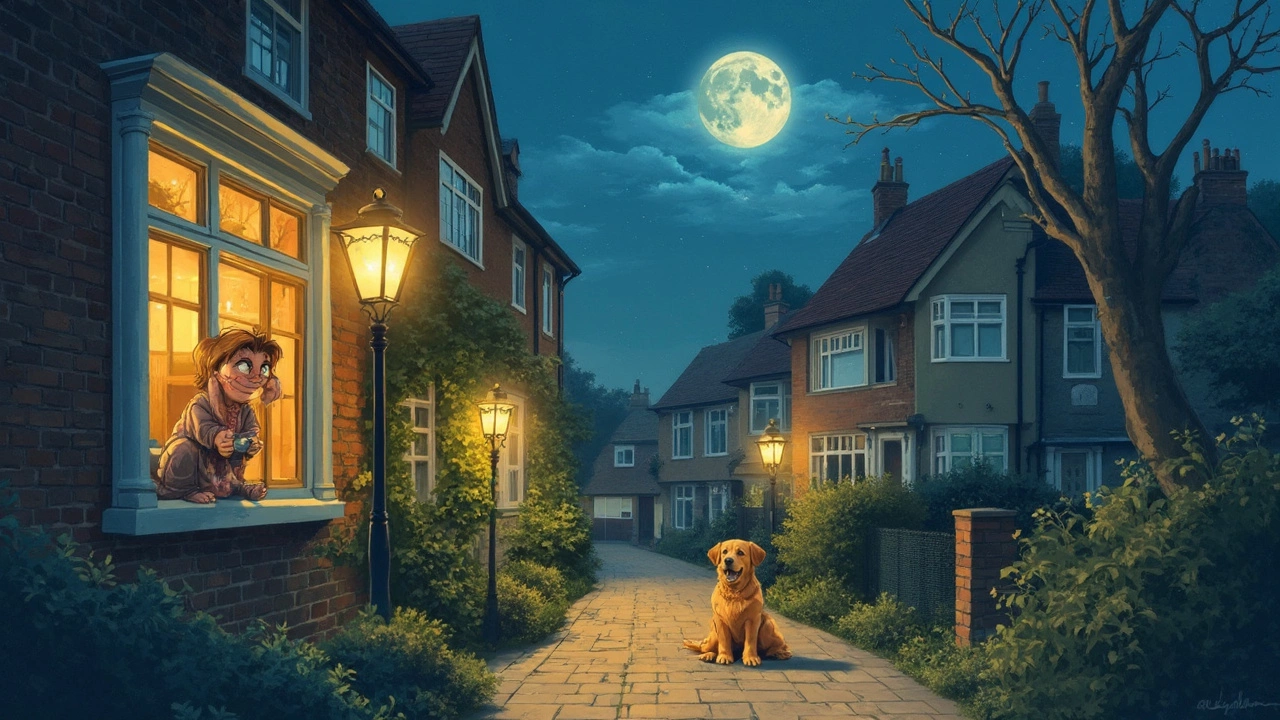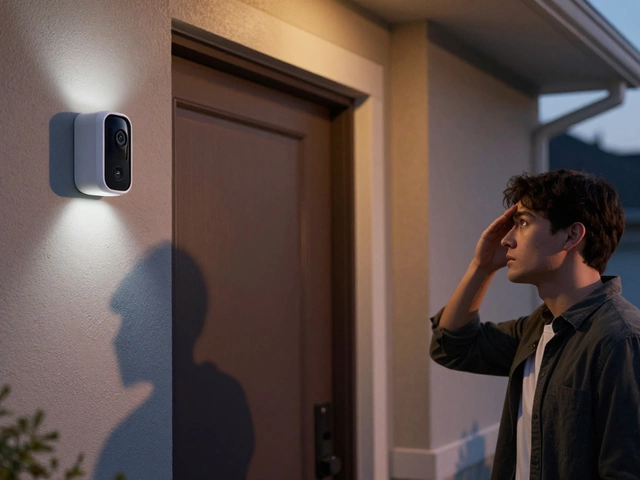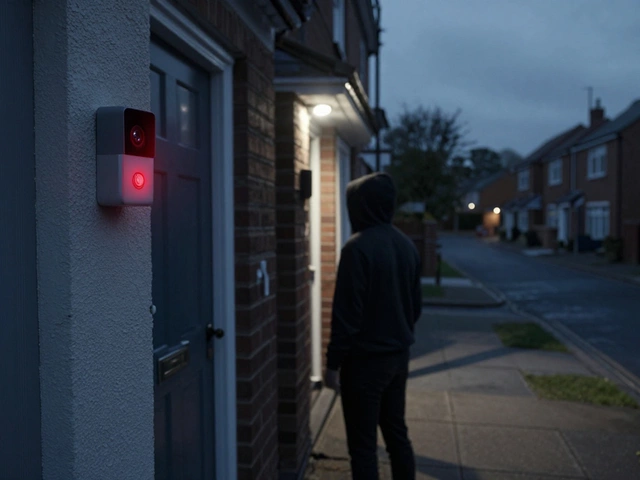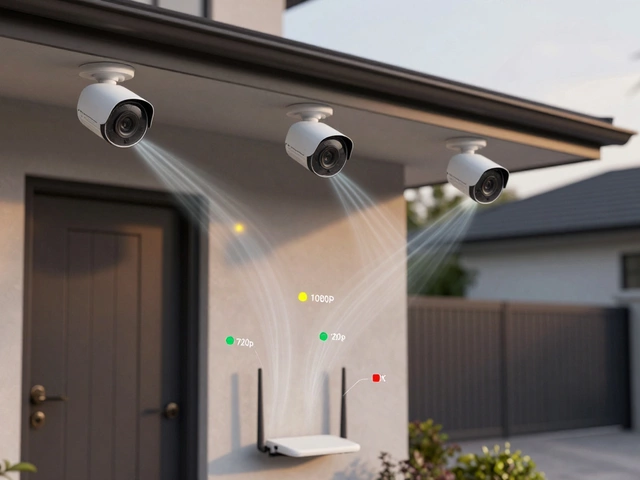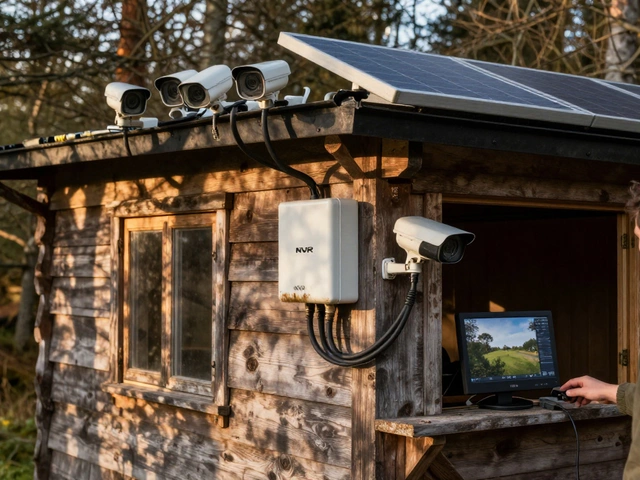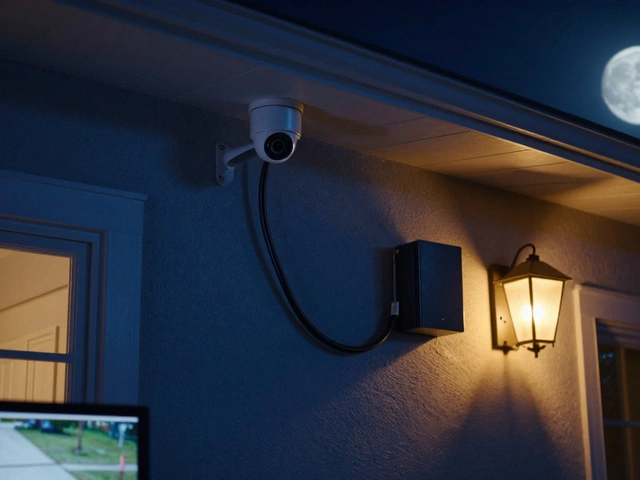Night Barking: Why Dogs Bark After Dark and How to Stop It
If your dog turns the night into a concert, you’re not alone. Many owners hear loud barks after the lights go out, and it can wear anyone down. Understanding the cause is the first step to a quieter house.
Common Reasons for Night Barking
First, dogs are pack animals. When the house is still, they hear sounds that we miss – a car passing, a cat on the roof, or a neighbor’s footsteps. Their instinct tells them to alert the pack, so they bark.
Second, boredom can strike after a day of naps and walks. If a dog doesn’t get enough mental or physical exercise, the quiet night becomes an invitation to make noise.
Third, anxiety plays a big role. Some dogs are uneasy when the family goes to bed, especially if they’re used to having people around. The darkness can heighten their stress and cause barking.
Fourth, health issues like hearing loss or pain can trigger a sudden bout of barking. A dog that can’t see well might react to any slight movement, thinking it’s a threat.
Practical Ways to Cut Down Night Barking
Start with a short training session before bedtime. Teach a calm “quiet” cue and reward silence with a treat. Consistency will let your dog know that quiet is the desired behavior.
Next, create a comfortable sleeping area. A crate, a cozy bed, or a room with a night‑light can reduce anxiety. Some owners find a white‑noise machine helpful for masking outside sounds.
Make sure your dog gets enough exercise during the day. A tired dog is less likely to seek attention at night. Include a brisk walk or a play session an hour before you settle in.
Finally, schedule a vet check if barking spikes suddenly. Hearing loss, arthritis, or other discomfort can be the hidden cause. Treating the issue often fixes the noise.
By figuring out why your dog barks after dark and applying a few simple steps, you can reclaim peaceful evenings. A calmer night means better rest for you and a happier, more relaxed pup.

